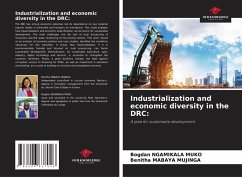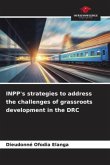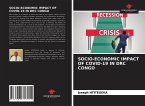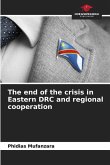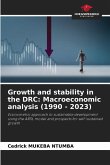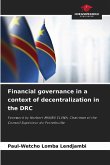The DRC has strong economic potential, but its dependence on raw material exports makes it vulnerable and hampers its emergence. This study analyzes how industrialization and economic diversification can be levers for sustainable development. The main challenges are the lack of local processing of resources and the weak structuring of non-mining sectors. This work, based on an analysis of economic policies and case studies, identifies the conditions necessary for this transition. It shows that industrialization, if it is environmentally friendly and focused on local processing, can foster sustainable development. Diversification, via sustainable agriculture, agro-industry, digital technology and tourism, is essential to strengthen the country's resilience. Finally, a good business climate, the fight against corruption, access to financing for SMEs, as well as investment in education and training, are crucial to building an inclusive and competitive economy.
Bitte wählen Sie Ihr Anliegen aus.
Rechnungen
Retourenschein anfordern
Bestellstatus
Storno

